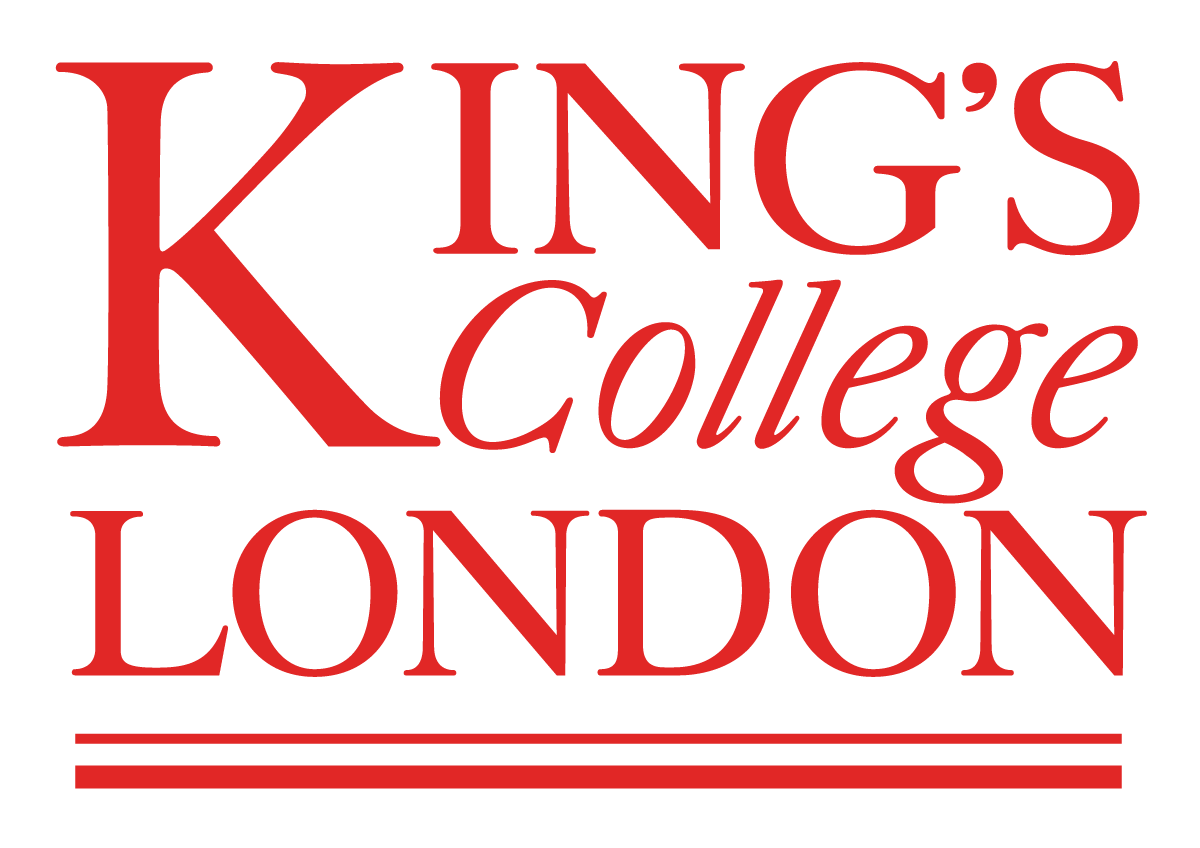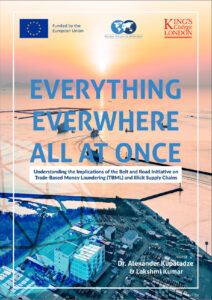November 8, 2022
 |
 |
Washington, D.C. – ‘Globalization 2.0’ or China’s Belt and Road Initiative (BRI), is a global infrastructure development strategy that was introduced in 2013 aiming to reshape global trade. Since its inception, China has spent an estimated US $200 billion on renewing and modernizing overland trade routes that make up the BRI. New research by Global Financial Integrity and King’s College London finds that improved transport corridors are fueling illicit financial flows (IFFs) and criminal exploitation as the BRI has not been designed and implemented with the aversion of crime.
A recent study of 186 countries found that China was the largest export destination for 33 countries and the largest source of imports for 65 countries. Our new report, titled Everything Everywhere All at Once, highlights the implications of China’s BRI on trade-based money laundering (TBML) and illicit supply chains.
 |
Read the report |
“Trade-based money laundering involves disguising the proceeds of crime and moving value through the use of trade transactions in an attempt to legitimize their illicit origins. An increase in trade means consequent growth in TBML activities including opportunities for newer and more innovative black-market exchange schemes to launder proceeds from drug trafficking in the European Union,” said Dr. Alexander Kupatadze, a Senior Lecturer at London King’s College.
Dubbed the “factory of the world,” China is already a major supplier of deceptive counterfeit products and illicit commodities. This research notes that the BRI’s transport projects have significantly increased trade within the corridor economies as well as the rest of the world. This has heightened the proliferation of counterfeit and illicit goods disguised as licit goods. In addition, limited enforcement and corrupt custom and border agencies have created rent-seeking opportunities among political elites in BRI partner countries.
The report further highlights the risks posed by China’s economic expansion to the movement and migration of illicit financial flows (IFFs) across borders: “With China’s GDP valued at US$14.72 trillion, it is estimated that on average US$294 billion to US$736 billion is laundered annually through the Chinese economy. New transport infrastructure may also exacerbate the problem of corruption in partner/transit countries. In particular, public procurement and construction processes linked to the implementation of large infrastructure projects give ample opportunities for bribery and collusion,” said Lakshmi Kumar, Policy Director at Global Financial Integrity.
The report recommends countries to incorporate free trade zones (FTZs) into their anti-money laundering (AML) regime and that adequate IFF risk assessments are conducted of FTZs, including separate reporting of goods/commodities moving in and out of them.
In addition, the report recommends implementing beneficial ownership registries across the financial, transport, and trade system. “Beneficial ownership information in the context of the BRI should cover all companies that import and export through trade corridors along the BRI; it should also be ensured that this information is recorded for ships,” noted Dr. Kupatadze.
To mitigate the risks arising from the BRI, it is important that aggregated and disaggregated trade records are made available as open-source information or at a nominal cost. Prioritizing improved pathways for the cross-border sharing of trade information on a real-time basis is critical for flagging IFF risks from the BRI. On TBML assessment, the report recommends heightened scrutiny as part of national risk assessments.
The report further recommends that businesses undertake better and more specific, actor-oriented due diligence to understand the issues related to corruption, ethics, and transparency among partners in the supply chain. In jurisdictions with a less-established track record of good governance, it is crucial to have a more fine-grained picture of local patronage systems, especially in relation to customs and law enforcement structures, institutional and individual complicity and complacency in smuggling and counterfeiting, and the local decision-making structure.
Read the full report here.
###
About GFI
Global Financial Integrity is a Washington, D.C.-based think tank, producing high-caliber analyses of illicit financial flows, advising developing country governments on effective policy solutions and promoting pragmatic transparency measures in the financial system to promote global development and security.
About King’s College London
King’s College London is an internationally renowned UK-based university delivering exceptional education and world-leading research dedicated to driving positive and sustainable change in society.
Press Contact
Dennis Kabia
Communications Consultant, Eastern and Southern Africa
dkabia@gfintegrity.org

